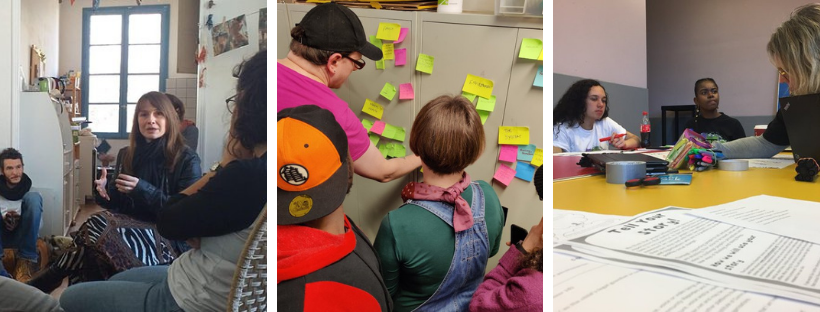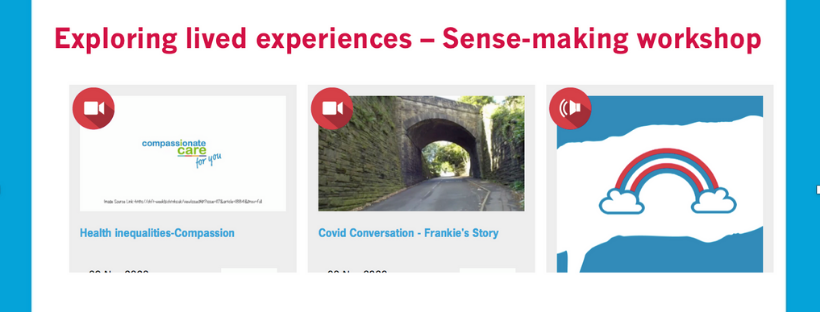WHAT’S DRIVING CHANGE IN OUR SOCIETIES?

Ever thought about what is driving change in the world? Ever thought about what that might mean for how our communities, societies and world might look?
These are the kind of questions we are exploring as part of the EUARENAS project that is looking at how people are involved – or not – in democracy, decision-making and change processes. As part of this work, People’s Voice Media is leading a set of future-thinking activities. We’ve started by looking at what we can learn from conversations happening in the media now about what the future of our communities, cities and societies might look like.
To help us in this, we’ve recently run an online workshop for people from across Europe in which we’ve been exploring questions such as What does the future look like for societies, communities and people across Europe? How can citizens and their voices be more active, included and represented within governance and decision-making arenas? Where are our cities and democracies heading?
In this workshop, we looked at snapshots of media content – videos to written articles – and identified some key messages in them. These included, views that were critical of the European Union’s democratic faculties, how climate change is a key challenge and we must start to act now, the acknowledgment that human rights issues and discrimination against minority communities must be addressed equally across Europe and a general pessimism about society’s current state (i.e., many inequalities).
Based on this, we thought about what were the key drivers of change in our societies, and came up with some suggestions:
- COVID-19 has accelerated change in certain arenas – i.e., working from home, less travel, more use of digital technologies to connect people
- Potential legislation in countries like the UK around protests and journalism could lead to negative changes in how people engage in democracy and civic discussion
- A resurgence of neighbourliness and local connections as a result of COVID-19 may change how we participate in our communities and create change where we are
- Technology – such as social media – is contributing to a ‘cancel culture’ that could be detrimental to providing space for conversations and different perspectives to be explored
These findings – and others from the EUARENAS project – will be brought together into an insight briefing later in the year. When we have it all ready to go, we will share it with you on this blog.



